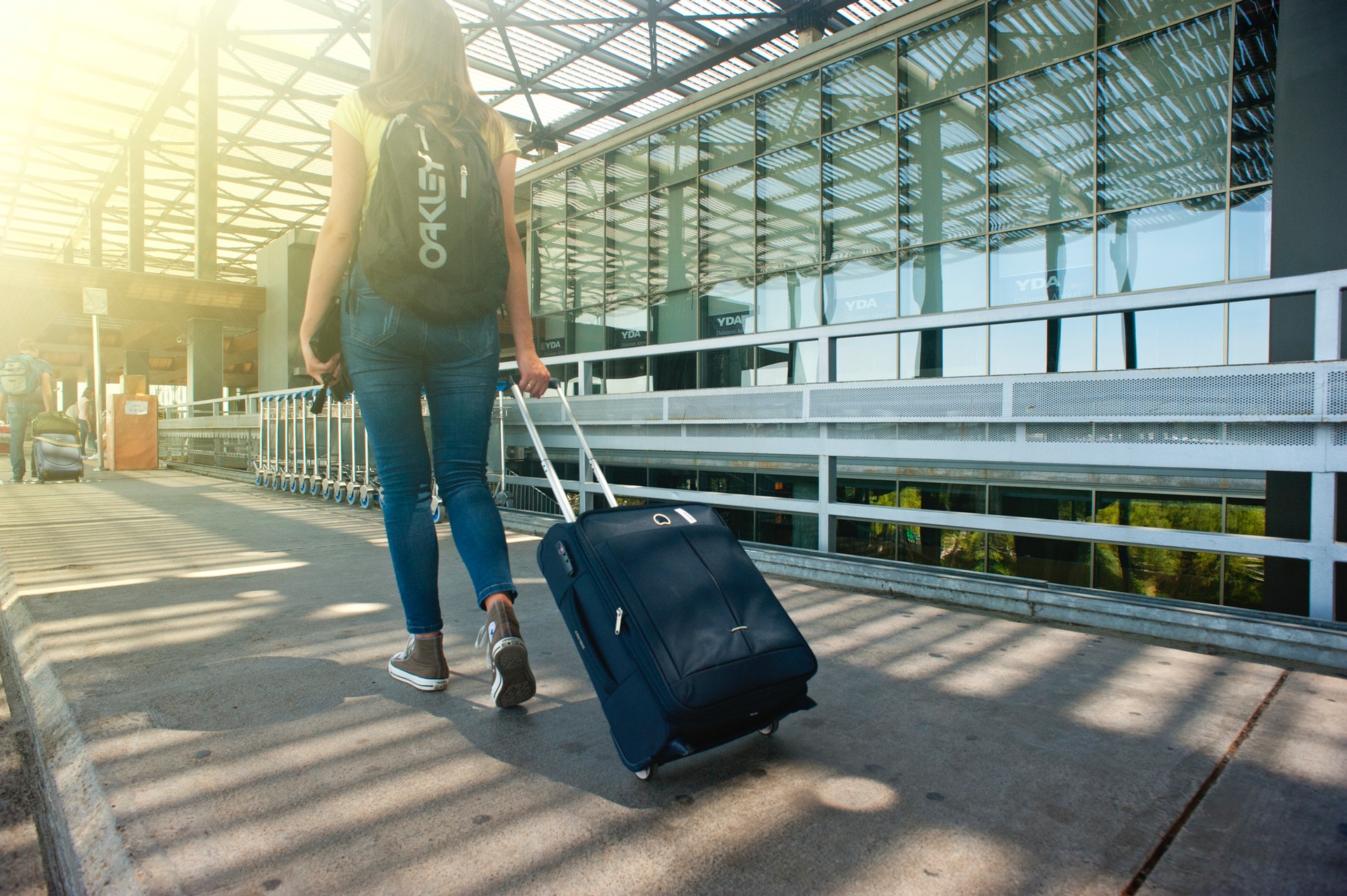
MANILA – The Inter-Agency Task Force for the Management of Emerging Infectious Diseases (IATF-EID) has allowed Filipino children with special needs, as well as the foreign parents of minor Filipino nationals, who have Philippine visas, to visit the country amid the coronavirus disease 2019 (Covid-19) pandemic.
The IATF-EID’s latest decision was contained in its Resolution 60 approved on Thursday.
The new resolution introduces amendments to IATF-EID Resolution 14 approved on March 20, which states that only foreign spouses and children of Filipino nationals are exempted from the suspension of visa issuance.
Under IATF-EID Resolution 60, “foreign spouses, minor children, including children with special needs, regardless of age, of Filipino nationals, as well as foreign parents of minor Filipino nationals, including children with special needs, regardless of age” can enter the Philippines.
They, however, should secure Philippine visas before they can be allowed to go to the country.
Originally, only accredited foreign government and international organization officials and their dependents, as well as foreign spouses and children of Filipinos, can visit the Philippines amid the pandemic.
On July 17, the IATF-EID also approved a resolution allowing the entry of foreigners with long-term visas in the country beginning August 1.
Foreign travelers are subject to the maximum capacity of inbound passengers at the port and date of entry because returning overseas Filipinos will be given priority.
They must also secure a pre-booked accredited quarantine facility and a pre-booked Covid-19 testing provider.
Meanwhile, the IATF-EID also approved recommendations on the time-based reckoning of Covid-19 recoveries.
“Time-based reckoning of recoveries of mild and asymptomatic patients who have completed 14 days of isolation from the date of onset of illness or specimen collection shall be immediately implemented,” the resolution read.
The IATF-EID’s new resolution directs the Department of the Interior and Local Government to reiterate and cascade recovery plans to the local government units (LGUs) by clarifying that the counting of the 14-day isolation for mild and asymptomatic cases should start from the date of the onset of illness or specimen collection.
It also orders the submission of “accurate, complete, and timely” reports to the Department of Health.
The reports, according to the resolution, should include updates on the health status and outcomes of patients upon discharge, recovery, or death by all hospitals, LGUs, and disease reporting units.
As of Wednesday, the Philippines has logged 85,486 Covid-19 infections, with 26,996 recoveries and 1,962 deaths.